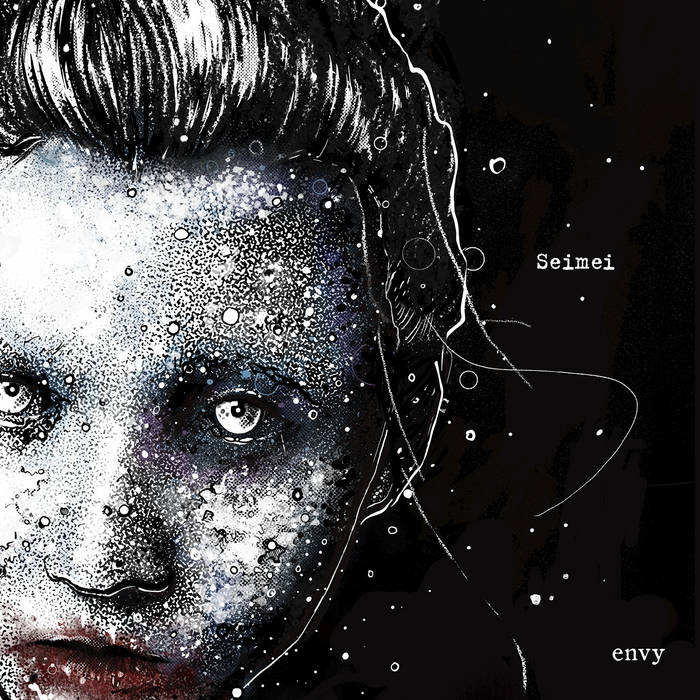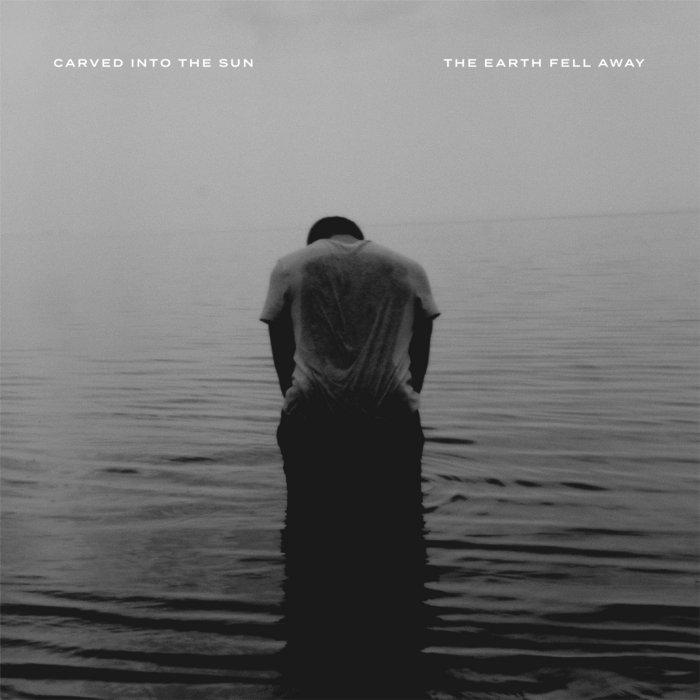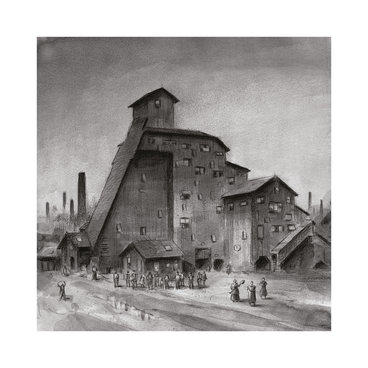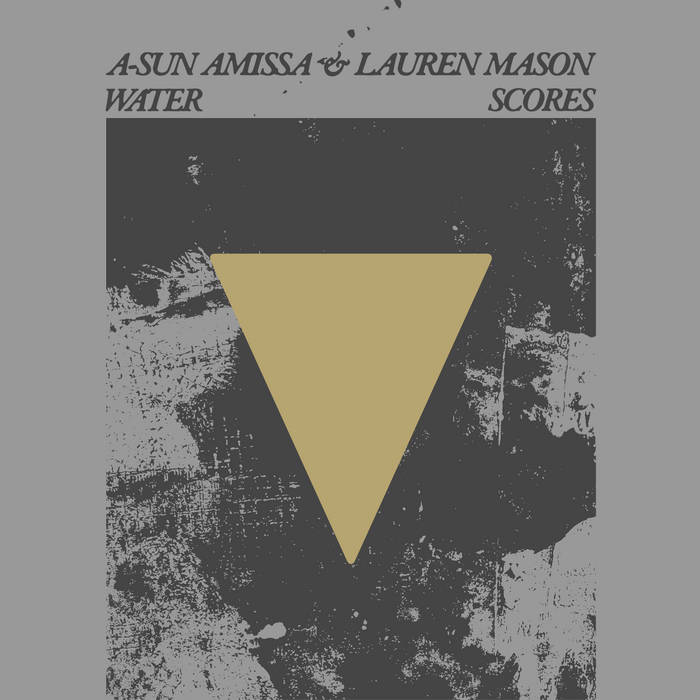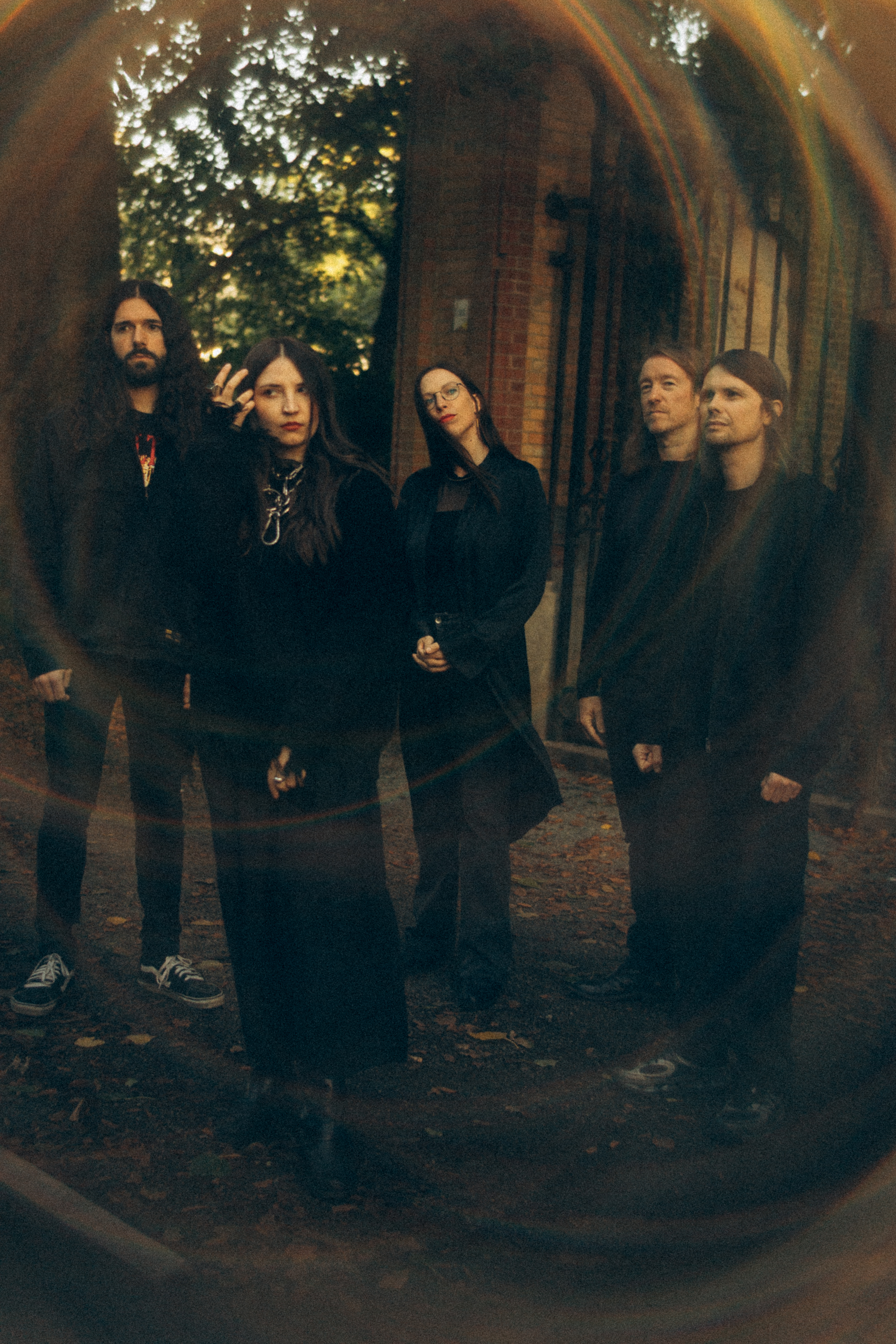So, let‘s break one of the simplest rules for writing reviews: Do not write a review because of one listening session. But hey, sometimes rules are only there to be broken, right? Which album forced me to? Codespeaker’s self-titled debut, which was released on Friday, reached me yesterday and convinced me so much today that I have to pen this down. Why so? ISIS.
Seldom has a record released me back to a little city in Belgium in the summer of 2005, when my life was at one of these changing points, this one in particular being the transition from university to teacher in training. And the soundtrack to this change was (as it had been for many years at that point) that small, relatively unknown band called ISIS. I remember standing on the side of the stage with some friends watching the guys and seeing very clearly what I nowadays describe as “the vein”. Everyone who attended an ISIS show back then, when Aaron still had short hair, was a bit leaner than nowadays and all in all a very shy, small-ish person knows which vein I am talking about: the one of the right side of his neck which always bulged out pumping uncontrollably and shaking close to explosion point whenever he bend over the microphone, nearly devouring it underneath his screams. Those screams which made the whole earth shake and which seemingly lifted him off the stage because it sounded as if the stage was collapsing underneath him. Not that I never before or after heard people give similarly volcano-like screams but Aaron always had something special in his voice and it was its most urgent in ISIS.
But heck, why do I keep telling y’all that? Well – because Greg Armstrong, the vocalist in Codespeaker is the one person who comes closest to Aaron’s vocals. Yet his band doesn’t sound like a clone, but more like a missing link between ISIS and Russian Circles. There are these moments of sheer seismic activity in Codespeaker, just listen to the second track ”Dagon” and you will surely know what I mean. And there are many moments on the record where the band also music-wise is very close to the first Boston, then L.A.-quintet.
Nevertheless, there are many moments on this record when Codespeaker show that they are no clones, even though they surely listened to records like Oceanic, Panopticon, In the Absence of Truth or Wavering Radiant. For example the opening of ”Fraktur” whose high-pitched pickings might be more related to Mike Sullivan of Russian Circles, another “not too bad to be compared to”-name, right? Or the short interlude ”Architeuthis” or “Hiraeth” which are close to the shiftiness of a band like If These Trees Could Talk who were also able to go from some of the most hushed and intimate soundspheres to some of the harsher riffs within a very few steps.
Another thing that I really like about Codespeaker is the way they take words from seemingly unrelated (ancient) civilizations and use them as track titles. ”Carthage”, “Dagon”, “Fraktur”, “Chartists”, “Pyrrhic”, “Oriflamme” or ”Hiraeth” all come from different times and different cultures: Carthage should be clear, Dagon was a deity in ancient Mesopotamia, Fraktur was a special kind of writing in medieval central Europe, Chartism was a political movement calling for voting reform in the 19th century in Northern England, Pyrrhic is a reference to an Ancient Greek king who lost and won at the same time, Oriflamme is the name for a French flag used in Medieval times and Hiraeth is an ‘untranslatable’ Welsh word for a certain kind of longing. Now, if the Scottish band had used one these terms as a track title it might have been an incident, but in most of them? Then the band-name makes even more sense – they are the ones talking in code, decoding them for us and giving us the meaning behind these words and ideas. A very modern idea during an age when explaining the world and its narratives has become more and more complex!
So it should be clear by now that Codespeaker are a very unique band – musically, vocally, thematically. All of that surely contributes to a lot of the appeal that the band has on a person like me. And that appeal goes way beyond “the vein”. Maybe I now should say … these veins and these tongues?


